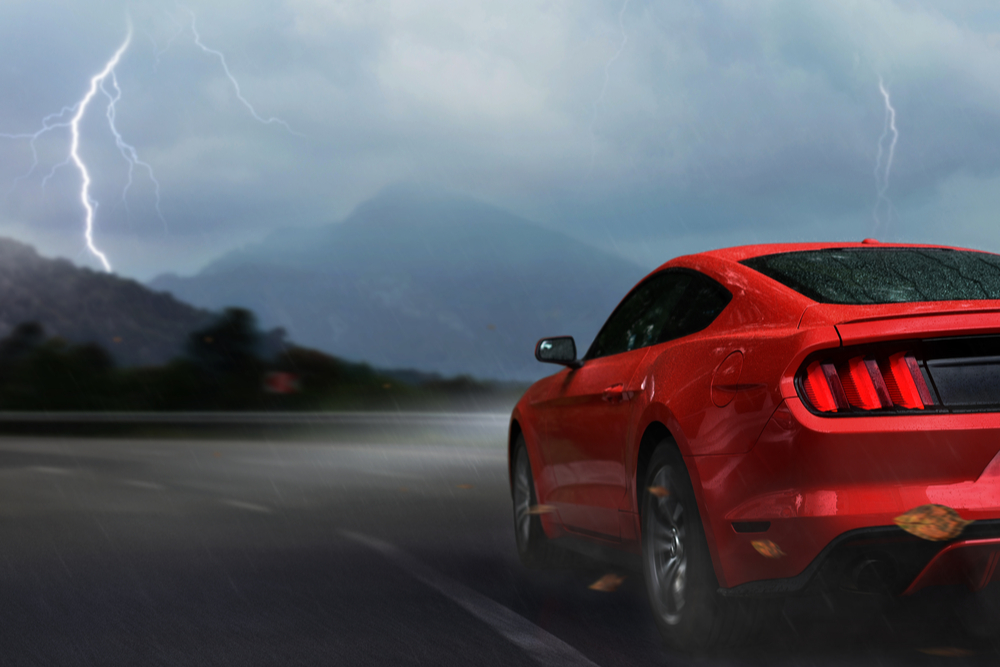Ireland will need jump-start its strategy for widescale electric vehicle adoption, says head of Motor at Bank of Ireland Stephen Healy.
There is no silver bullet for any country – let alone Ireland – to supercharge the adoption of electric vehicles to meet ambitious 2030 targets, but there is always room for greater imagination, said Healy.
In its recent Budget 2022 policy, the Irish Government made changes to vehicle registration tax (VRT) rates whereby cars with CO2 emissions of 111g or higher saw increases of between 1pc and 4pc which impacts 38pc of cars sold in 2021.
“It is critically important that government maintain subsidies for electric vehicles until the point when EV prices fall in line with current petrol/diesel cars”
Coupled with manufacturers’ own price increases Healy predicted these VRT changes could slow the pace of recovery for car sales in Ireland as well as slowing the pace of adding new lower emission vehicles.
Subsidies crucial to drive EV sales
“Electric vehicle (EV) subsidies in Ireland are generous compared to other EU countries. But higher LEV (low emission vehicles) prices will mean people will keep their current cars longer, and this means it will take longer to replace the fleet with newer, low emission cars.”
Healy said it was positive news that electric vehicle VRT reliefs up to €5,000 announced in Budget 2022 were being kept extended for two years, but said he was disappointed to see PHEV (hybrid petrol and electric) VRT reliefs discontinued this year.
“Clearly the Government is hitching its wagon to the electric vehicle train,” Healy said. “It is critically important that government maintain subsidies for electric vehicles until the point when EV prices fall in line with current petrol/diesel cars.”
Asked how the changes in Budget 2022 will feed into the new Climate Action Plan, Healy said that rising vehicle prices will limit sales and put the 2030 target of having 845,000 electric vehicles on Irish roads at risk.
“Transport accounts for 20pc of greenhouse gases and cars alone account for 10pc of greenhouse gases.”
Healy pointed out that for the next decade low emission vehicles, including petrol, diesel and hybrids, will continue to be sold alongside battery electric vehicles and that all need to be affordable.
“The car market averaged about 120,000 sales annually pre-Covid. 60pc to 70pc of sales would need to be electrically charged vehicles to meet this target. For the Climate Action Plan targets to be achieved, the overall market needs to increase substantially. But rising prices will limit sales and put the 2030 electric vehicle targets at risk.”
Looking at international policy, Healy cited Norway as a good example of electric vehicle policy, but no doubt helped by the great sovereign wealth that came from that nation’s oil exploration money. “85pc of new car sales in Norway are EVs this year.”
Norway plans to ban internal combustion engine (ICE) cars by 2025. This compares to the latest EU proposal to ban ICE cars by 2035, so Norway appears to be ahead of the game.
“Policy across the EU is generally coupled with tax reliefs to reduce prices. There is no silver bullet. It will take time for manufacturers to on-shore and ramp up battery production to reduce battery prices.
“Ireland is a high tax market for cars with huge gaps when compared to the rest of Europe.
“We need continued Government supports until at least the middle of the decade until production costs fall.
“A jump start for electric car sales could involve the introduction of a temporary VAT reduction/vehicle scrappage scheme,” Healy recommended.
-
Bank of Ireland is welcoming new customers every day – funding investments, working capital and expansions across multiple sectors. To learn more, click here
-
Listen to the ThinkBusiness Podcast for business insights and inspiration. All episodes are here. You can also listen to the Podcast on:
-
Apple
-
Spotify
-
SoundCloud





